Flatbed trailers are essential tools for transporting goods, equipment, and materials with efficiency and safety. Whether you’re a contractor, a logistics manager, or an entrepreneur in the hauling business, understanding where to buy a flatbed trailer can significantly impact your operational effectiveness and bottom line. In this comprehensive guide, we’ll explore the most reliable sources for purchasing flatbed trailers, examine the varied types, and provide insightful tips on what to consider before making your investment.
Understanding Flatbed Trailers
Before diving into purchase options, it’s crucial to understand flatbed trailers’ function and advantages. Flatbed trailers are characterized by a levelbed surface, no sides, and a rear, making them highly versatile for transporting oversized loads. They offer unobstructed loading and unloading for materials, pallets, and equipment—ideal for construction sites, warehouses, and shipping facilities.
Types of Flatbed Trailers
- Standard Flatbed Trailers: Commonly used for transporting building materials, machinery, and large boxes without restrictions.
- Lowboy Trailers: Designed for heavy, oversized equipment. The lower deck increases stability and facilitates easier loading.
- Step Deck Trailers: Perfect for transporting taller loads that need additional height clearance without exceeding road limits.
- Hot Shot Trailers: Shorter but rated for heavier loads—ideal for expedited shipping.
| Type | Best Use | Features |
|---|---|---|
| Standard Flatbed | General transportation | Versatile loading options |
| Lowboy | Heavy equipment | Lower deck for better stability |
| Step Deck | Tall loads | Two deck levels for height options |
| Hot Shot | Expedited transport | Compact size with heavy rating |
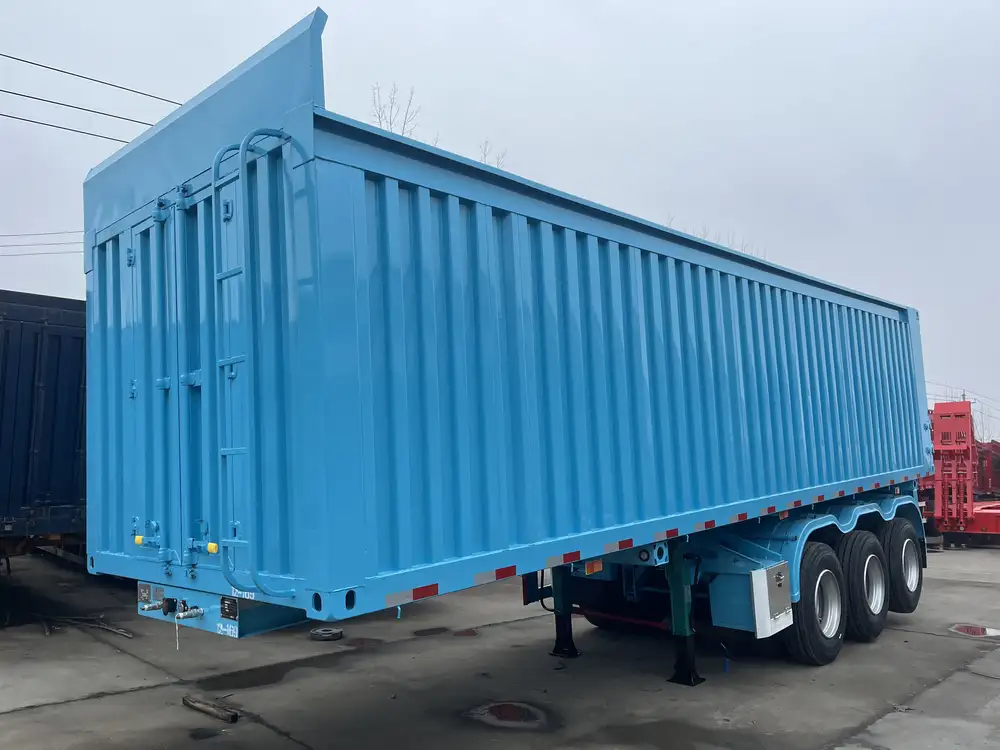
Top Sources for Purchasing Flatbed Trailers
1. Manufacturers
Purchasing directly from manufacturers can be a wise decision if you’re looking for customization, high-quality standards, and the potential for warranty options. Major manufacturers often provide various models suited to different needs. Assess their reputation, warranty policies, and customization options.
Notable Manufacturers:
- Wabash National: Renowned for durable trailers, Wabash offers customizable solutions catering to your needs.
- Utility Trailer Manufacturing Company: One of the oldest manufacturers, reputed for innovation and quality.
- Great Dane Trailers: Known for a wide range of trailers, including flatbeds designed for efficiency and safety.
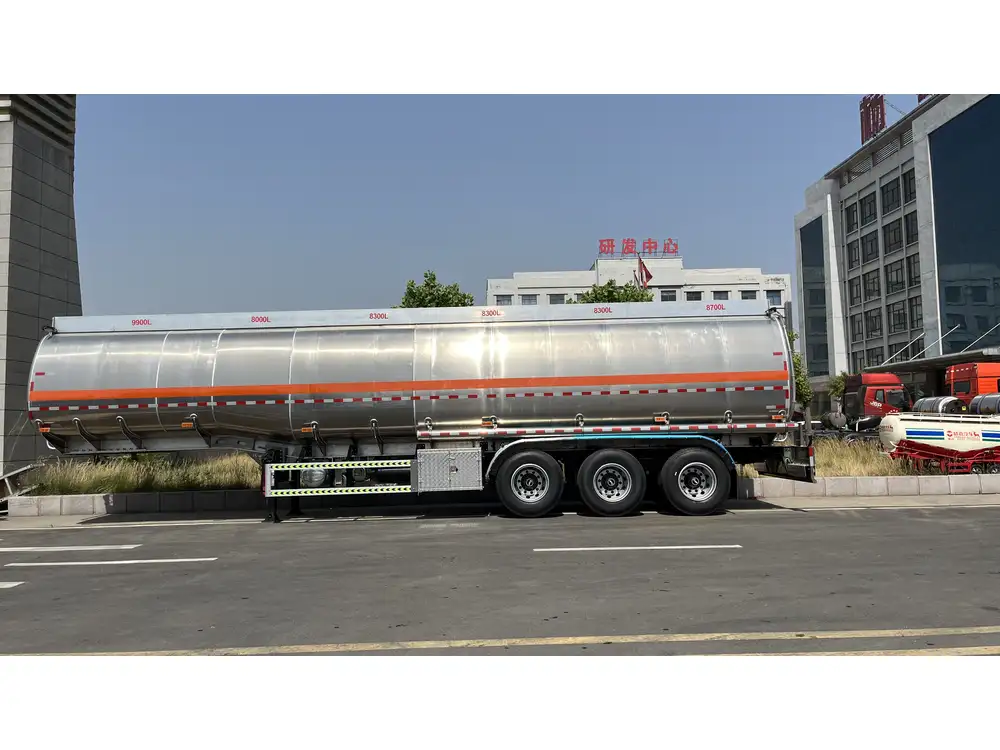
2. Authorized Dealers
Buying from authorized dealers provides added benefits, such as professional consultations and after-sales support. Dealers can offer insights into local regulations and assist you in choosing the right trailer model based on your requirements.
Key Considerations:
- Local Presence: Opt for dealers who have a local presence for better support.
- Reputation and Reviews: Check online reviews and referrals to gauge credibility.
- Service Packages: Many dealers offer after-sale services, which can be a deciding factor.
3. Online Marketplaces
In today’s digital era, online marketplaces have become convenient avenues for trailer purchases. Websites like eBay, Craigslist, and specialized trailer selling platforms allow buyers to compare various models and prices.
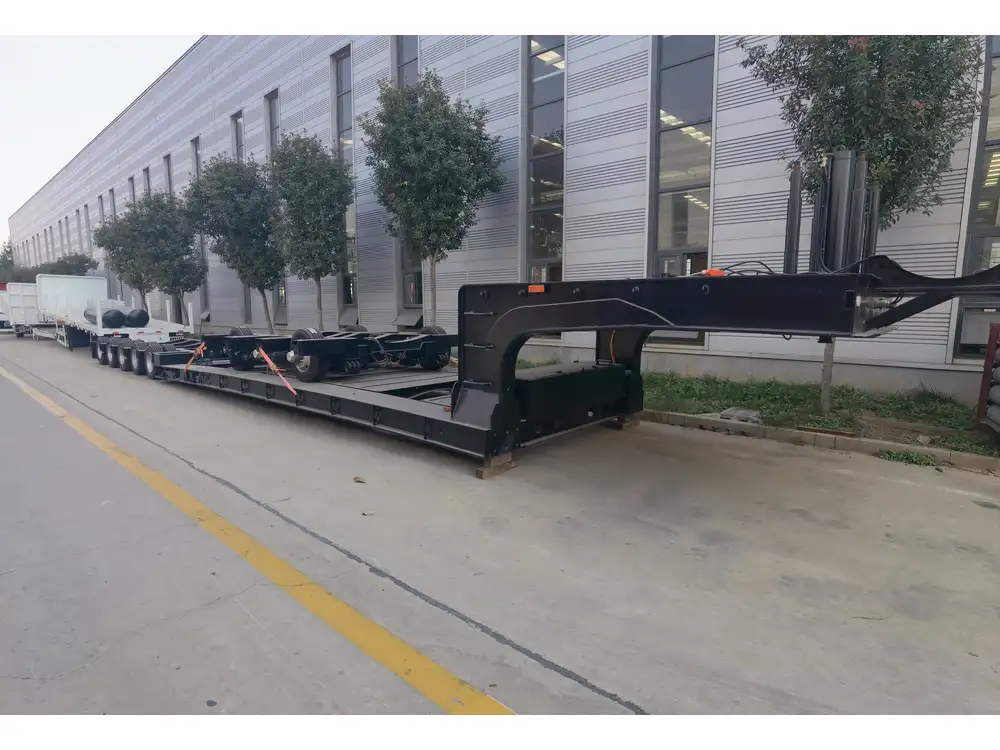
Advantages of Online Marketplaces:
- Broad Selection: Access to a wide range of new and used trailers.
- Competitive Pricing: Prices usually vary, allowing for budget-friendly options.
- User Reviews: Buyers can view ratings and reviews from previous users.
4. Auction Houses
Many businesses regularly update their fleet and sell off older trailers through auctions. Participating in trailer auctions can yield excellent deals, provided you have done your research.
Pros of Auctions:
- Potential for Bargains: Auctions can offer heavily discounted prices.
- Variety: Often showcase a wide assortment of trailer types and models.
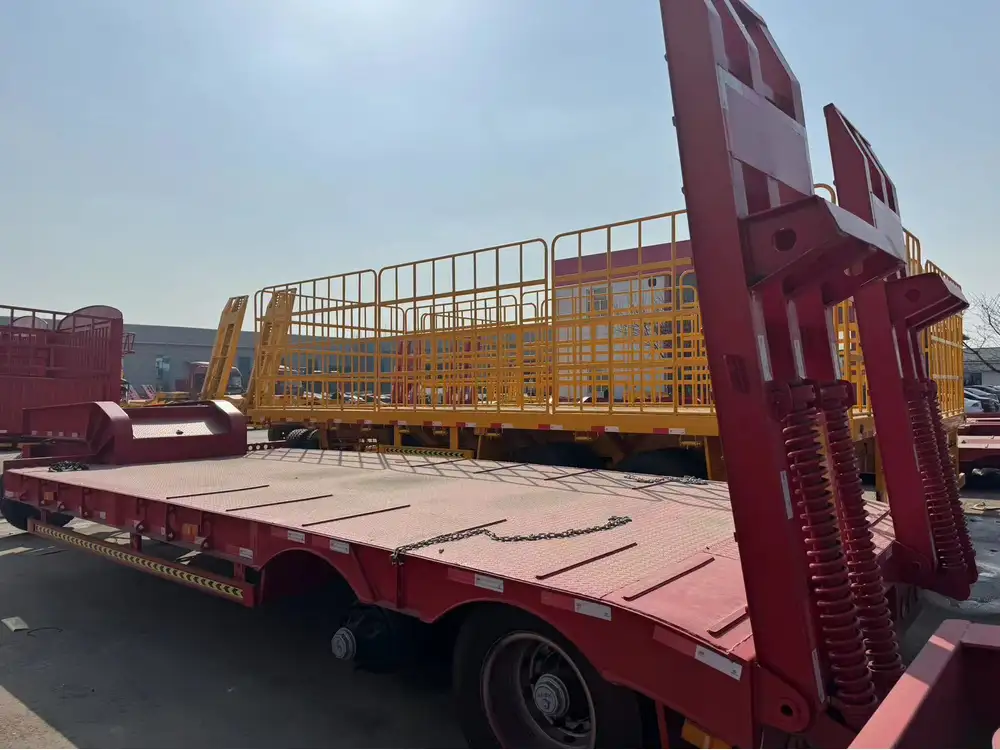
5. Local Classified Ads
Don’t overlook local classified ads in newspapers or community newsletters. They can be a viable source for finding used flatbed trailers in good condition.
Tips for Buying Via Classifieds:
- Inspect Thoroughly: Always inspect the trailer before purchasing.
- Negotiate: There’s often room for negotiation in pricing.
What to Consider When Buying a Flatbed Trailer
Acquiring a flatbed trailer isn’t merely about picking a model; several factors warrant consideration to ensure a smart investment.
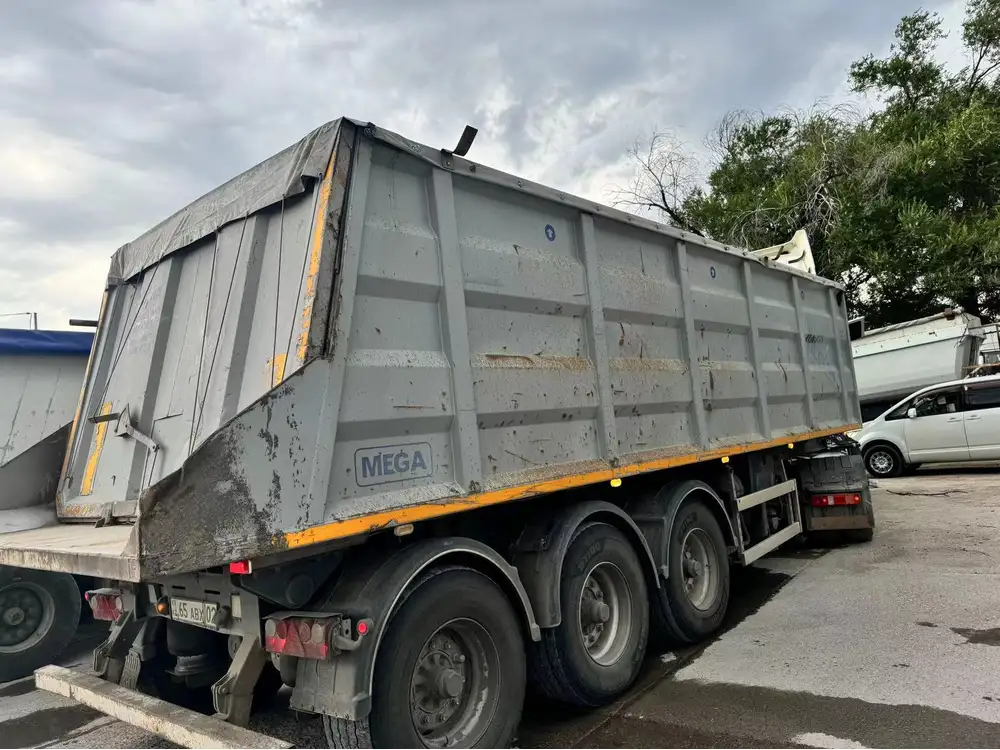
1. Type of Load
Consider what you will primarily transport. Different trailers are built for specific loads, so identifying your primary needs is paramount.
2. Weight Capacity
Calculate the total weight your trailer needs to carry, including the cargo and the trailer itself. Ensure the chosen model can handle the demands without compromising safety.
| Weight Capacity | Recommended Trailer Type |
|---|---|
| Up to 10,000 lbs | Standard Flatbed |
| 10,000 to 25,000 lbs | Step Deck or Lowboy |
| Above 25,000 lbs | Custom or Heavy-Duty Flatbed |
3. Material Construction
Flatbed trailers come in various materials, including:
- Steel: Durable but heavier, suitable for heavy-duty applications.
- Aluminum: Lightweight, resisting corrosion, ideal for lighter loads.
- Composite: Offers a good balance in weight and durability.
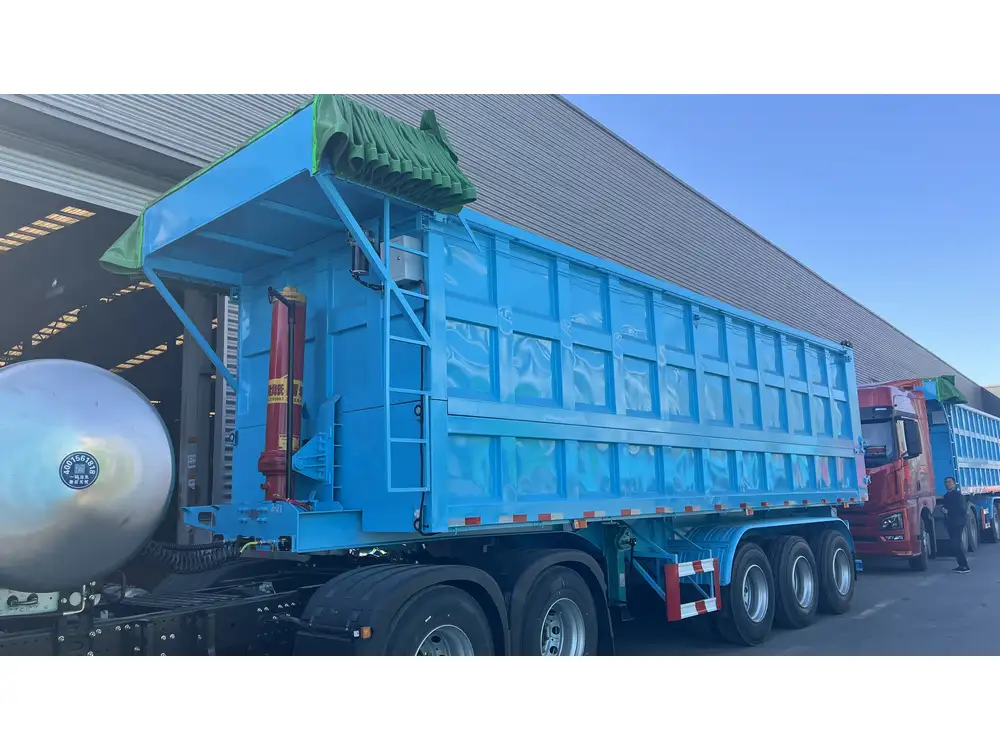
4. Trailer Features
Look for essential features that can enhance functionality:
- Tie-Down Points: Critical for securing loads during transport.
- Ramps: Consider if you require ramps for unloading equipment.
- Axle Configuration: Tandem axles provide better weight distribution for heavier loads.
5. Regulatory Compliance
Ensure that the trailer complies with all local transportation regulations. This may involve checking the vehicle’s size, load limits, and safety features.
6. Warranty and After-Sales Support
Touch base with manufacturers or dealers regarding the warranty on trailers. A solid warranty can safeguard against defects and malfunctions.
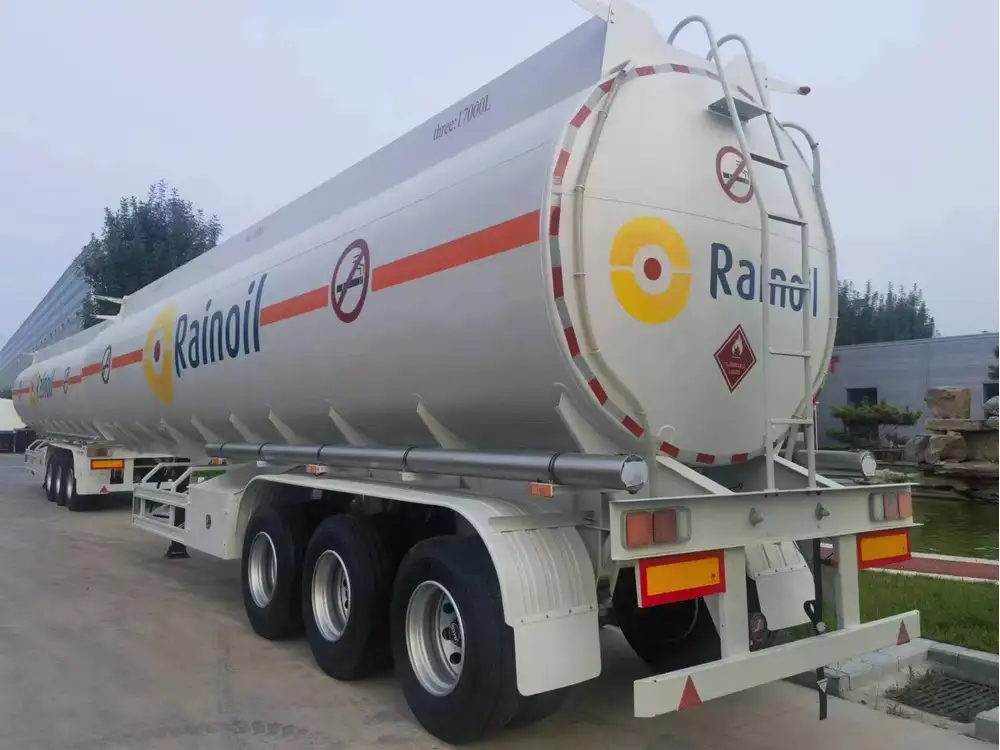
Financing Options for Your Flatbed Trailer
Acquiring a flatbed trailer represents a significant investment. Here are several financing options to consider:
1. Direct Purchase
Ideal for those who can pay upfront, direct purchasing ensures you own the trailer completely without any future financial obligations.
2. Financing Through Dealer or Manufacturer
Many dealers and manufacturers offer financing solutions that can spread the cost over a defined period while allowing immediate use of the trailer.

3. Leasing Options
Leasing might be appealing for businesses that require flexibility or wish to upgrade their equipment frequently. Lease agreements typically include maintenance services as part of the deal.
4. Loans from Financial Institutions
Consider conventional loans from banks or credit institutions. Compare rates to ensure you get the best deal.
Tips for Maintaining Your Flatbed Trailer
Once you’ve acquired your flatbed trailer, maintaining it is crucial for longevity and performance. Here are essential maintenance tips:
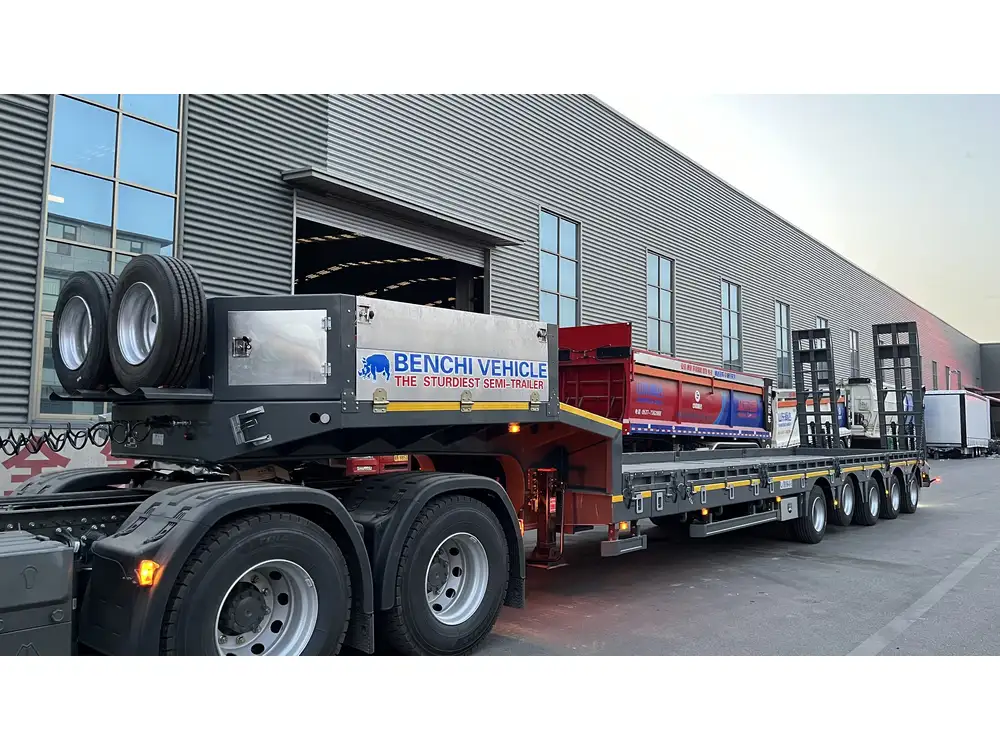
Regular Inspection
- Tires: Check for wear and proper inflation.
- Brakes: Inspect brake systems regularly to ensure functionality.
- Frame and Structure: Look for rust, cracks, and other signs of wear.
Cleaning
Frequent cleaning helps maintain the trailer’s integrity. Remove debris and contaminants after every haul, particularly from the deck surface.
Lubrication
Regularly lubricate moving parts to prevent wear and tear. Joints, axles, and bearings should be serviced according to the manufacturer’s specifications.

Keeping Records
Maintain a detailed service log that records inspections, repairs, and maintenance tasks. A history can assist with resale value and compliance verification.
Conclusion
Investing in a flatbed trailer involves careful consideration of your operational needs, budget, and available resources. From identifying the appropriate trailer type to sourcing from reliable manufacturers and dealers, every decision you make contributes to your enterprise’s success. Utilize this guide as a framework to navigate your purchase, ensuring you select a trailer that not only meets your immediate requirements but also aligns with future growth ambitions.



